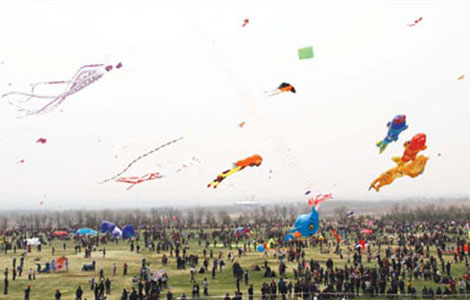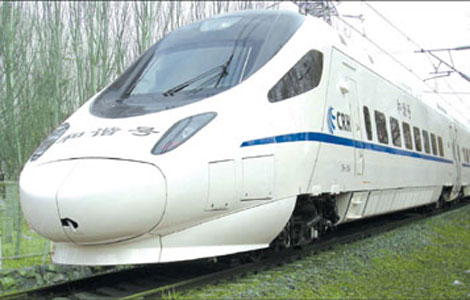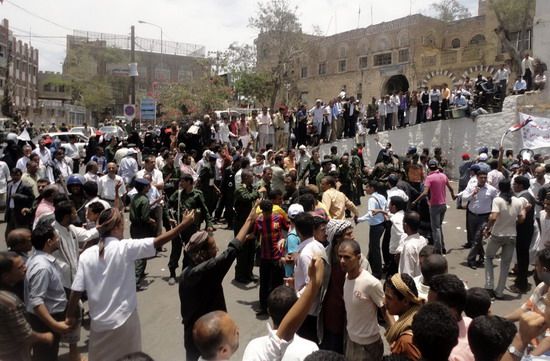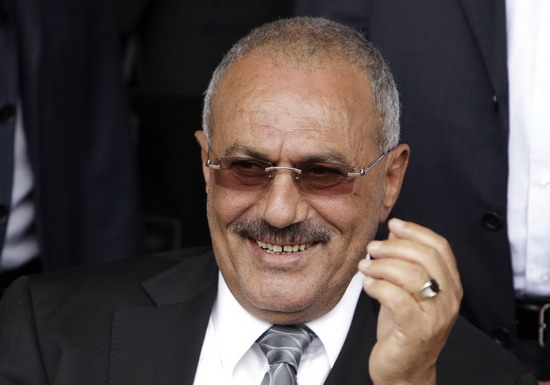Politics
Yemeni president agrees to step down in 30 days
Updated: 2011-04-24 08:14
(Agencies)
|
|
SANAA, Yemen - Yemen's embattled president agreed Saturday to a proposal by Gulf Arab mediators to step down within 30 days and hand power to his deputy in exchange for immunity from prosecution, a major about-face for the leader who has ruled for 32 years.
A coalition of seven opposition parties said they also accepted the deal but with reservations. Even if the differences are overcome, those parties do not speak for all of the hundreds of thousands of protesters seeking President Ali Abdullah Saleh's ouster, and signs were already emerging that a deal on those terms would not end confrontations in the streets.
|
||||
The uprising and a wave of defections by allies, including several top military commanders, have left Saleh clinging to power and now appear to be pushing him to compromise on his earlier refusal to leave office before his term ends in 2013.
For decades the former military officer has fended off numerous challenges, deftly maneuvering among the nation's powerful and fractious tribes and using security forces to put down opponents. Al-Qaida's most active franchise has attacked his forces, an armed rebellion has battered the north of the country and a secessionist movement has reappeared in the once-independent south.
At the same time, the country is rapidly running out of water and oil and is the poorest in the Arab world.
The United States has watched the uprising with particular concern because Saleh has been an ally in fighting al-Qaida in the Arabian Peninsula, which is based in Yemen's remote mountainous south and has made several nearly successful attempts to attack US and other targets abroad.
US State Department spokesman Mark Toner said Washington welcomes the proposal for ending the crisis and called for immediate dialogue by all sides on a transfer of power.
"We will not speculate about the choices the Yemeni people will make or the results of their political dialogue," he said. "It is ultimately for the people of Yemen to decide how their country is governed."
Later, the White House in a statement urged all parties in Yemen "to move swiftly to implement" a deal transferring power.
|
|
E-paper

Blowing in the wind
High-Flyers from around the world recently traveled to home of the kite for a very special event.
Image maker
Changing fortunes
Two motherlands
Specials

Urban breathing space
City park at heart of Changchun positions itself as top tourism attraction

On a roll
Auto hub Changchun also sets its sight on taking lead in railway sector

The stage is set
The Edinburgh International Festival will have a Chinese flavor this year.





